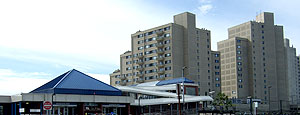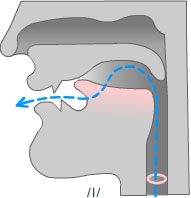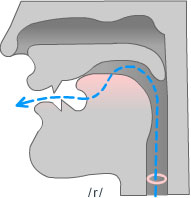
In this unit you will focus on the following:
- Useful words and expressions: Common topics
- Answering Part 1 questions
- What the examiner is looking for
- Accuracy and range of vocabulary and grammar structures
- Pronunciation: /l/ and /r/
1. Vocabulary.

Here are four common topics for Part 1 of the speaking test. Drag the words to the correct topic. Use a dictionary if necessary.
3. Part 1 questions.
Watch five extracts from Part 1 of the speaking test and decide which question each candidate is answering.
4. An examiner's observations.
First, read the different comments about the candidates' performances in the extracts from the previous exercise. Then, watch the extracts again and match the comments to the candidates.
5. Useful words and expressions: in fact and nowadays.
In Part 1 of the speaking test, you will probably speak about facts and also about the current situation. For example:
Well, in fact I still don’t know what I’m going to study.
Nowadays in my country, if you don’t have a Master’s ....
Find other words and phrases in the sentences below that also mean in fact or nowadays. Drag them to the correct box.
6. Useful words: like and well.
Using like and well correctly will help you sound more natural in the speaking test. Choose the best description for the uses of like and well.
7. Useful words: like and well.
TIP:
Use well and like to give yourself thinking time at the start of your answer and to avoid silent hesitation.Put the phrases in order to complete sentences with like and well, and then listen to check your answers.
8. Sentence casino.
Play the sentence casino game. Are the sentences grammatically correct or incorrect?
- You start with 20 points.
- Decide how many points you want to bet.
- When you are correct, you win double the points.
- When you are incorrect, you lose the points.
How many points can you win?
9. Pronunciation: /l/ and /r/.


Listen and repeat the pairs of words.
- glow / grow
- ply / pry
- lies / rise
- close / crows
- flies / fries
- flee / free
- light / right
- lace / race
- wall / war
- collected / corrected
- alive / arrive
- clue / crew
- cloud / crowd
- climb / crime
Now listen and select the word that you hear.
11. Task.
Now practise answering these questions from Part 1 of the speaking test:
Where you live
Where are you from?
What is your hometown like?
Where do you live now?
What do you like about where you live?
How is your town changing?
What you do
What do you do?
How did you get your job?
Why did you decide to study (subject)?
Do you enjoy your job?
What is a typical day at your work?/
What opportunities will your course give you?
Future learning
Where do you see yourself in two years’ time?
What job would you like to do in the future?
What skills would you need for this job?
What new skills would you like to learn?
Where could you learn these new skills?
Remember to:
- use a range of appropriate vocabulary.
- use a range of grammar structures.
- include useful words and expressions from this unit.
- give full answers with follow-up statements.